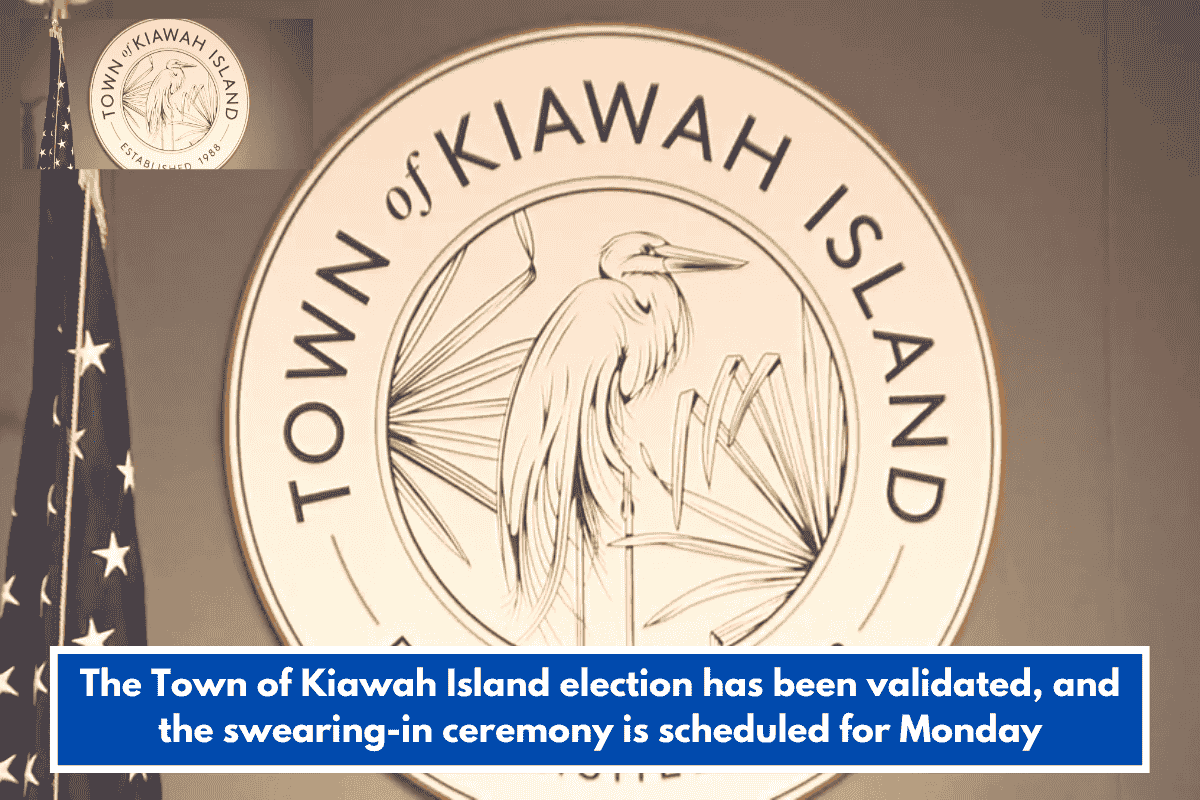During a traffic stop, many people may wonder about their rights, especially when it comes to the police searching personal items, like a phone. In Kentucky, like in the rest of the United States, the law sets boundaries on when and how law enforcement can search a person’s phone. It’s important to know what the law says about phone searches during a traffic stop to protect your rights and understand your options.
Can Kentucky Police Search My Phone During a Traffic Stop?
In Kentucky, as well as across the United States, police generally cannot search your phone during a traffic stop without your consent or a valid legal reason. The Fourth Amendment of the U.S. Constitution protects citizens against unreasonable searches and seizures, meaning that the police need a warrant or your permission to search most personal items, including your phone.
However, there are specific situations where a police officer may be allowed to search your phone during a traffic stop, but these exceptions are limited.
What Are the Exceptions That Allow Police to Search My Phone?
Consent: If you give the police permission to search your phone, they are legally allowed to do so. This is the most straightforward way that police can access your phone without a warrant. However, you have the right to refuse, and you are not obligated to allow them to search your phone unless they have a warrant.
Probable Cause: If the police have probable cause to believe that your phone contains evidence of a crime, they may be allowed to search it. For example, if they suspect that the phone is involved in drug trafficking or other illegal activities, they may be able to seize the phone and search it. In these cases, the police may still need to get a warrant before actually going through the phone’s contents, unless it’s an urgent situation (such as evidence being at risk of being destroyed).
Search Incident to Arrest: If you are arrested during the traffic stop, the police may be able to search your phone without a warrant as part of a “search incident to arrest.” This means they can search your personal belongings, including your phone, as part of the arrest procedure. However, this does not give them unrestricted access to all the data on your phone. They are limited to certain areas that might be directly related to the reason for the arrest.
Exigent Circumstances: In some rare cases, if there are immediate and compelling circumstances—such as an ongoing crime or danger—police might be able to search your phone without a warrant under the doctrine of “exigent circumstances.” However, this exception is narrowly defined and only applies in emergency situations.
Can Police Check My Phone for Text Messages, Photos, and Social Media?
If the police search your phone legally under one of the exceptions mentioned above, they may be able to look through the phone’s contents, including text messages, photos, emails, or social media accounts, depending on the situation.
However, unless the police have a warrant or your consent, they are generally not allowed to access this kind of personal information. This applies even if you are pulled over during a routine traffic stop.
What Should I Do if I Don’t Want My Phone to Be Searched?
If you do not want the police to search your phone, you can politely refuse. You can say something like, “I do not consent to a search of my phone.” Remember, you are not required to allow the police to search your phone without a warrant or specific legal justification.
However, if the police tell you they are going to search the phone due to probable cause, exigent circumstances, or after an arrest, you may have limited options to prevent the search. At this point, it’s best to remain calm and comply with the officer’s requests. If you believe the search is unlawful, you can address the issue later in court.
Do Police Need a Warrant to Search My Phone in Kentucky?
In most cases, yes, the police will need a warrant to search your phone in Kentucky, unless one of the exceptions applies. The warrant must be based on probable cause, and it must specify what the police are looking for on your phone.
However, as mentioned, in situations like arrests or emergencies, police may be able to search your phone without a warrant, but these circumstances are limited.
In Kentucky, police generally cannot search your phone during a traffic stop without your consent or a valid legal reason. While there are certain exceptions, such as probable cause, arrest, or exigent circumstances, the police must have a strong legal justification to search your phone. If you are unsure of your rights during a traffic stop, remember that you can politely refuse a search and consult a lawyer if you believe your rights have been violated. Always stay informed about your rights to protect yourself during interactions with law enforcement.
SOURCES
[1] https://kaco.org/insurance/loss-control/kentucky-law-enforcement-policies-and-procedures/
[2] https://kentuckystatepolice.ky.gov
[3] https://www.aclu-ky.org/en/know-your-rights/2024-know-your-rights-when-talking-police
[4] https://adamstotts.com/understanding-search-and-seizure-laws-in-kentucky/
[5] https://www.lex18.com/news/covering-kentucky/kentucky-supreme-court-decision-law-enforcement-needs-warrant-for-cellphone-location-searches














